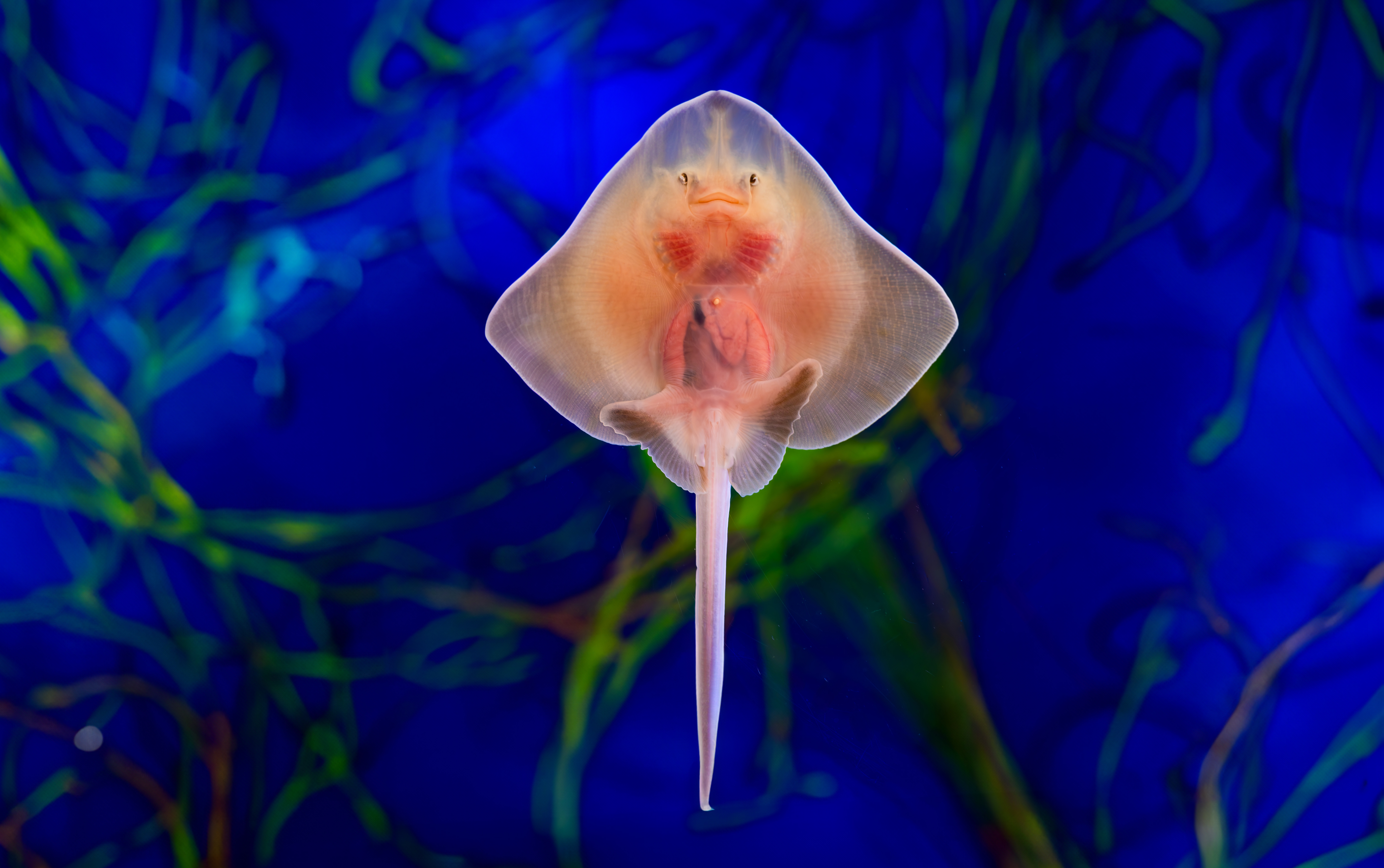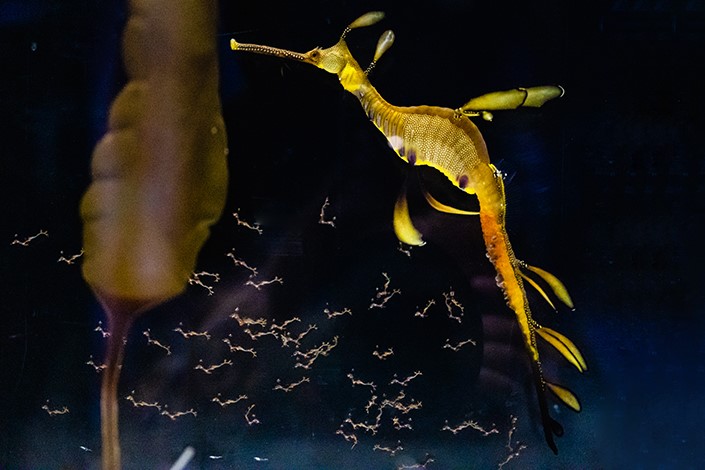The Birch Aquarium was able to successfully spawn three critically endangered sunflower sea stars, a milestone achievement in the recovery of the invertebrates, it was announced Wednesday.
"Sunflower stars are considered functionally extinct in our own state of California," said Melissa Torres, assistant dive safety officer and aquarist at Birch Aquarium. "Our collective goal is to save them from extinction."
More Birch Aquarium content:
The Birch at Scripps Institution of Oceanography at UC San Diego was joined in the effort to save the species by Aquarium of the Pacific in Long Beach, Steinhart Aquarium at California Academy of Sciences, San Diego Zoo Wildlife Alliance and the Sunflower Star Laboratory. This is the second time the aquarium has induced spawning on a sunflower star, which are also considered to be functionally extinct in Oregon.
Get San Diego local news, weather forecasts, sports and lifestyle stories to your inbox. Sign up for NBC San Diego newsletters.
The aquarium is part of the Association of Zoos and Aquariums Saving Animals From Extinction Sunflower Sea Star program, in which several zoos, aquariums and professionals from many backgrounds team up to help reestablish populations of Sunflower Stars on the West Coast.
"It's incredible to see the huge collaboration that has taken place over the past two years to bring awareness to the plight of the sunflower sea star," said Jenifer Burney, Aquarium of the Pacific senior aquarist and co- chair of the AZA SAFE Sunflower Sea Star Program. "There is a massive team of scientists and educators working to try to save this species in the wild, and seeing how far we've come in such a short time gives me a lot of hope for the future."
According to the aquarium, for nearly a decade, a mysterious Sea Star Wasting Disease has swept across the West Coast, causing a mass die-off of sea stars particularly in warming waters. It hit sunflower sea stars the hardest, nearly driving them to extinction.
The pizza-sized stars play an "essential role" in the overall health of kelp forests, safeguarding kelp forests from the adverse effects of overgrazing by sea urchins.
In the wild, sea stars broadcast spawn, meaning the males and females freely release sperm and eggs into the ocean, where they mix and hopefully fertilize, according to a Birch Aquarium statement. This strategy relies more on chance encounters for fertilization, rather than direct mating.
"Birch Aquarium can help this recovery effort by providing genetic diversity, exemplary animal care techniques and groundbreaking new protocols," Torres said.
The aquarium is home to five sunflower stars. Behind the scenes, a concoction of spawn-inducing hormones was carefully prepared and administered into three sunflower stars at the aquarium. Each mixture was made specifically for each star based on its weight.
"After a few hours, the stars assumed a downward dog-like pose on the tips of their arms and released sperm, determining that all were male," aquarium officials said.
The sex of three of Birch Aquarium's sunflower stars was unknown until this spawning event -- which is why the aquarium decided to induce these particular stars. In February, the aquarium induced one sea star and determined it was female. Then in March, a different star naturally spawned and was sexed as male. Now, the aquarium can confidently confirm that four males and one female make up its population.
These cells were quickly scooped up via glass pipettes, deposited into individual vials and transferred to the aquarium's lab where they were cryogenically frozen. These samples, once frozen, can be reanimated for future conservation and research efforts and will be shared to numerous organizations.
Recently, frozen sunflower star sperm was thawed and used to fertilize eggs resulting in larvae developing with an up to 90% success rate, according to Nicole Ravida, San Diego Zoo Wildlife Alliance laboratory manager in reproductive sciences.
Moving forward, Birch Aquarium will continue to coordinate with its SAFE Sunflower Star program partners for future spawning efforts. The goal is to spawn the males to cross-fertilize with the females to increase the genetic diversity of sunflower star populations.



